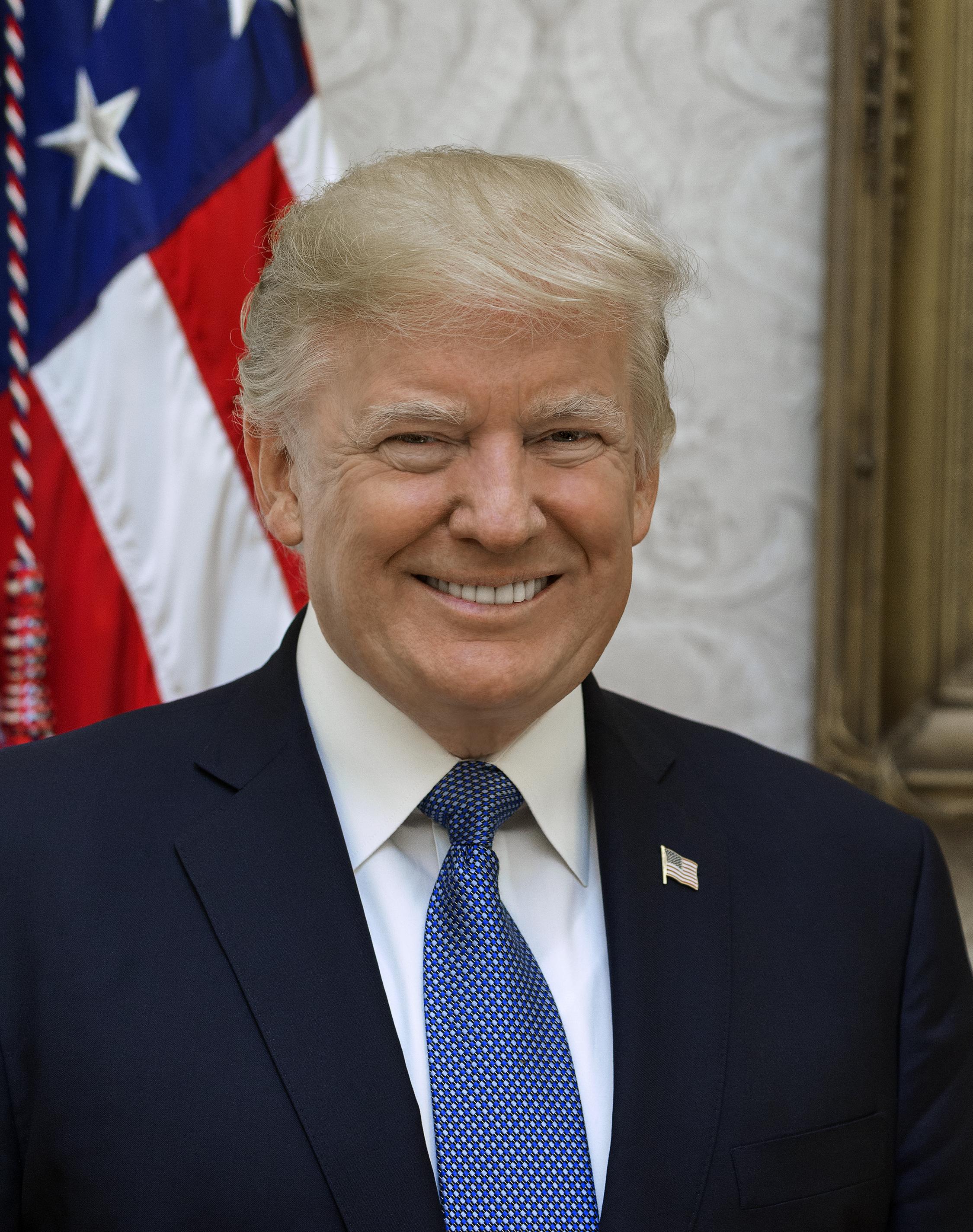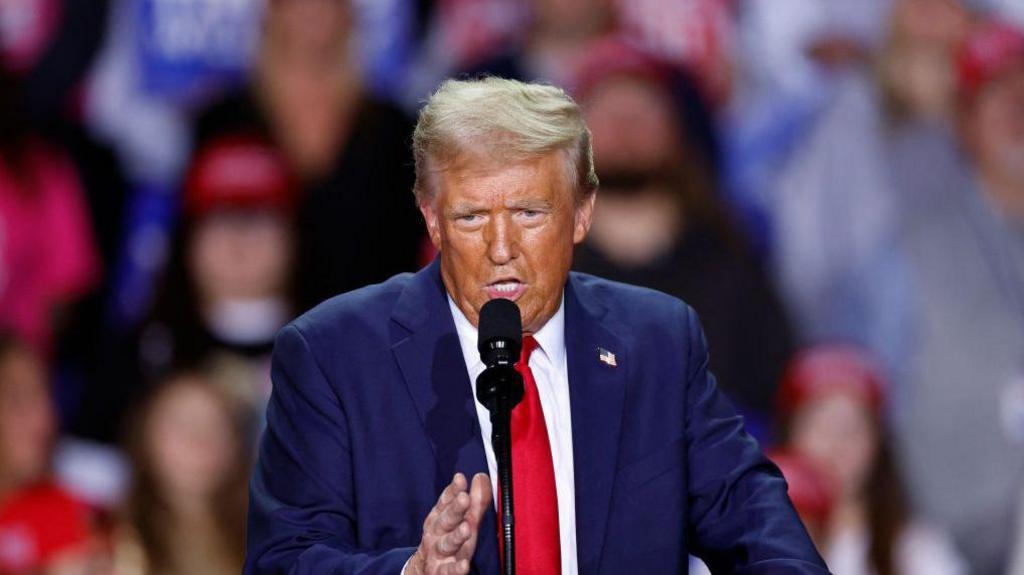Trump’s Supreme court Appeal: Implications for TikTok’s Future
In a significant legal maneuver, former President Donald Trump has appealed to the Supreme Court to intervene in a law that poses a formidable threat to TikTok’s operations in the United States. The potential ban on the widely popular social media platform has stirred up heated debates among lawmakers, tech industry leaders, and millions of users. Trump’s appeal is rooted in claims that the law infringing upon TikTok’s rights could set a precarious precedent for other tech companies and their ability to operate in the U.S. market. The overarching implications of this appeal extend beyond just TikTok; they could influence how federal authorities regulate foreign-owned tech firms amid rising national security concerns.
This legal battle raises critical questions about the balance between regulatory oversight and free enterprise.If the Supreme Court sides with Trump, it may establish a legal framework that prioritizes due process for companies facing sudden bans. Key points of concern include:
- The precedent for future tech regulations: A ruling in favor of tiktok may empower other foreign-owned platforms, affecting competition and innovation.
- User implications: With millions relying on TikTok for personal expression and income, a favorable ruling could assure them that their digital rights are protected.
- The political landscape: This case could become a pivotal point in the ongoing discourse regarding U.S.-China relations,highlighting the complex intersection of technology and geopolitics.

Legal Experts Weigh In on the Constitutionality of a Potential Ban
Legal analysts are closely examining the implications of a potential tiktok ban proposed during the Trump governance, with a particular focus on its constitutional validity. Central to the debate is the First Amendment, which protects freedoms concerning religion, expression, assembly, and the right to petition. Experts argue that a ban on TikTok could be seen as an infringement on the rights of millions of users, who use the platform for self-expression, community building, and activism. Moreover, the argument that the platform poses a national security threat raises questions about the balance between security and individual rights.
Another critical facet of the discussion is the due process clause within the Fourteenth Amendment. Legal scholars suggest that a blanket ban could violate principles of fair notice and judicial review,which dictate that individuals should not be deprived of their rights without adequate legal process. Furthermore, they highlight the potential precedent such a ban could set for future governmental overreach in regulating digital platforms and the rights of their users. This scenario could lead to an unsettling trend of increased censorship in digital spaces, prompting concerns about were to draw the line between necessary regulations and the maintenance of a free and open society.

The Broader Impact of TikTok Restrictions on Digital Platforms
The ongoing legal battle surrounding TikTok’s potential ban highlights a significant shift in how digital platforms are governed, raising questions about the future of content-sharing applications. The Supreme court’s involvement indicates a growing concern among regulators and lawmakers regarding the influence of foreign-owned applications on American users. As various stakeholders await a resolution, the implications extend far beyond TikTok, affecting a myriad of platforms that rely on user-generated content. Key considerations include:
- Market Dynamics: Restrictions on TikTok could lead to a shift in users towards competing platforms, which might not face the same scrutiny.
- Censorship Concerns: The potential ban raises issues around freedom of expression and what constitutes acceptable content in the digital realm.
- Regulatory Precedents: A ruling could set a precedent for how digital platforms are monitored and regulated, impacting future legislation.
- User Privacy: The discourse around data privacy may intensify, prompting platforms to bolster their safety measures amidst growing user concerns.
Moreover,as governments worldwide wrestle with the challenges of regulating digital content,the outcome of this case may inspire similar actions across various jurisdictions. With TikTok at the center of this legal storm, companies across the tech landscape must brace for potential ripple effects that could alter operational frameworks and user engagement strategies. This event signifies a critical juncture for digital platforms, compelling them to navigate a more complex regulatory surroundings where national security, user privacy, and economic interests intersect with the right to share and access data freely.

Recommendations for Navigating the Legal Landscape of Social Media Regulation
As the landscape of social media regulation evolves, it becomes imperative for users, creators, and stakeholders to stay informed about potential legal changes and their implications. Engaging with legal experts who specialize in digital media regulations can provide critical insights into navigating this complex terrain effectively. Additionally, here are some strategies to consider:
- Stay Informed: Regularly follow updates from reputable news sources and government announcements regarding social media legislation.
- Seek Legal Advice: Consult with attorneys learned in technology law to understand your rights and responsibilities in the digital space.
- Engage with Advocacy Groups: Collaborate with organizations that focus on digital rights to amplify your understanding and contribute to influencing policy.
- Be Proactive: anticipate potential regulation impacts on your social media practices and adjust your strategies accordingly.
moreover, it is indeed crucial to promote transparent communication with your audience about how regulatory changes could affect the content they consume. This commitment not only builds trust but also empowers users to make informed decisions about their social media engagement. Consider implementing the following recommended practices:
- Educate Your Audience: Share informative content on policy changes, helping followers understand how these changes may influence their experience.
- Monitor Compliance: Regularly review your content and practices to ensure adherence to current regulations.
- Advocate for Fairness: Participate in discussions around equitable regulations that protect consumers while fostering creativity and innovation in the digital space.
